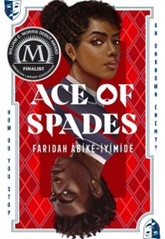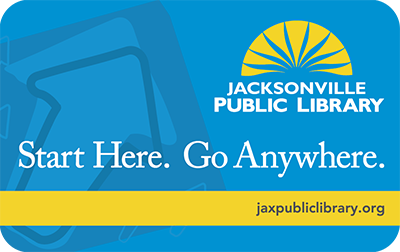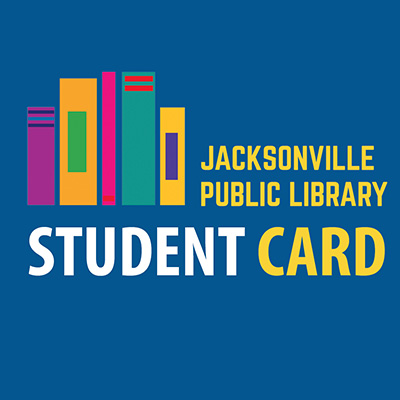
Ericalyn is a teen volunteer at Highlands Library. She began volunteering in May 2024 and has since contributed over 113 hours. She has participated in the Teen Advisory Board and has assisted with a variety of activities including shelving, program help, preparing for summer, and scavenger hunts. She has also been indispensable during large events such as Preschool Palooza and the summer kick-off party.
What inspired you to volunteer for the library?
When I had to do community service for my school, I wanted to be able to do it in a way that still felt like me and in a place I knew I liked instead of some random place. Since I love to read, I thought that the library would be the perfect place to volunteer at.
What is the most rewarding part about volunteering for the library?
I think that my people skills did improve a bit. Nothing drastic of course but enough that I felt more comfortable talking to people I wasn’t close to and got the tiniest bit over my fear of asking people questions about tasks.
What is your favorite task at the library as a volunteer and why?
Probably being at the desk and being able to help both parents and kids. I think it not only helped me become more used to talking to people but also made me realize younger kids aren’t what the media portrays.
What book do you think all teens should read and why?
There are a few, but one would be Ace of Spades by Faridah Àbíké-Íyímídé. There has been many times in both social media and TV where both microaggressions and just straight up racism have been let go as a “joke,” and I think anyone who has ever laughed at one at those comments should read this book and really see what the effects of racism and microaggressions can do to people.
It also talks about sexuality and even internalized homophobia, which, personally I think, in the media is either not represented at all or very wrongly represented. This book does a very good job at showing the platonic and romantic relationships of both of the characters and how the events happening to them changed how they view both each other and others around them.




